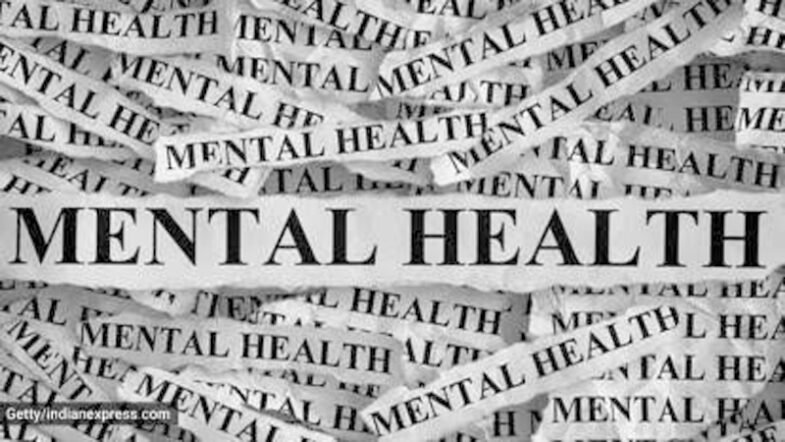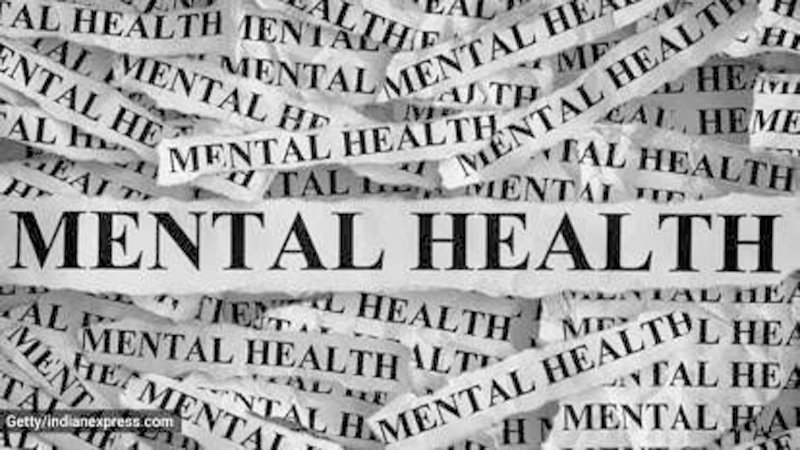Adolescents’ lives were disrupted as a result of the COVID-19 pandemic control measures implemented in Slovenia and throughout the WHO European Region.

The Health Behaviour in School-aged Children (HBSC) study, a partnership between WHO and Europe, found that in 2020, adolescents from lower income households in Slovenia faced significant obstacles to homeschooling.
Additionally, compared to teens from more affluent families, these teenagers felt more alone. Adolescents’ lives were disrupted as a result of the COVID-19 pandemic control measures implemented in Slovenia and throughout the WHO European Region.
They became estranged from their peers and their main social environment at this age as a result of school closures and movement restrictions, which had an impact on their education and social interactions. Certain vulnerable groups were more severely impacted by these measures than others, and this did not apply to all young people equally.
The HBSC team at the National Institute of Public Health conducted a survey in autumn 2020 to look into the health-related behaviours and experiences of Slovenian teenagers both during lockdown in the spring and upon returning to school in the following autumn.
The study gathered information from 3052 teenagers between the ages of 14 and 18. The study reveals disparities in Slovenian adolescents’ homeschooling experiences during lockdown in 2020.
The study reveals that adolescents from less affluent families in Slovenia did not have the best homeschooling environments, including enough personal space for studying at home and insufficient resources for schoolwork.
Approximately 15% of teenagers, especially those from non-nuclear families or those with a working parent, did not have a specific area at home where they could complete their schoolwork. Infrequent use of electronic devices, online resources, social media, and communication platforms was reported by 10% of teenagers; higher percentages were seen among those from non-nuclear families.
Additionally, especially those from poorer families, 26.6% of teenagers said they received little to no assistance with their schoolwork during lockdown from teachers and parents.
Teenagers from lower-income families are more likely to feel lonely and isolated. “In addition to dealing with unfavourable homeschooling circumstances, adolescents from less affluent families were more likely to feel negative emotions like loneliness, isolation, and poor mental health.
Dr. Helena Jeriek Klanek, national coordinator of the HBSC study in Slovenia, says that these factors may pose serious obstacles to their overall development.
One in five teenagers said they frequently felt lonely and infrequently felt a sense of belonging with their friends, and 16% said they never or hardly ever had anyone to talk to. Adolescents from non-nuclear families and those from homes with lower socioeconomic status are more likely to feel lonely and isolated from their peers.
These results show that adolescents from low-income families are a vulnerable group that needs ongoing care and assistance to ensure equal access to education, wellbeing, and healthy lifestyles both during and after the pandemic. Targeted prevention and support programmes will be necessary to address inequalities in these areas.
“In their policies, programmes, and initiatives, schools, governments, and nongovernmental organisations must give priority to the needs of less affluent families and youth in order to reduce loneliness and promote healthy living.
Dr. Helena Jeriek Klanek continues, “Society can contribute to reducing disparities and ensuring a brighter future for all adolescents by providing improved opportunities for education and social support.
